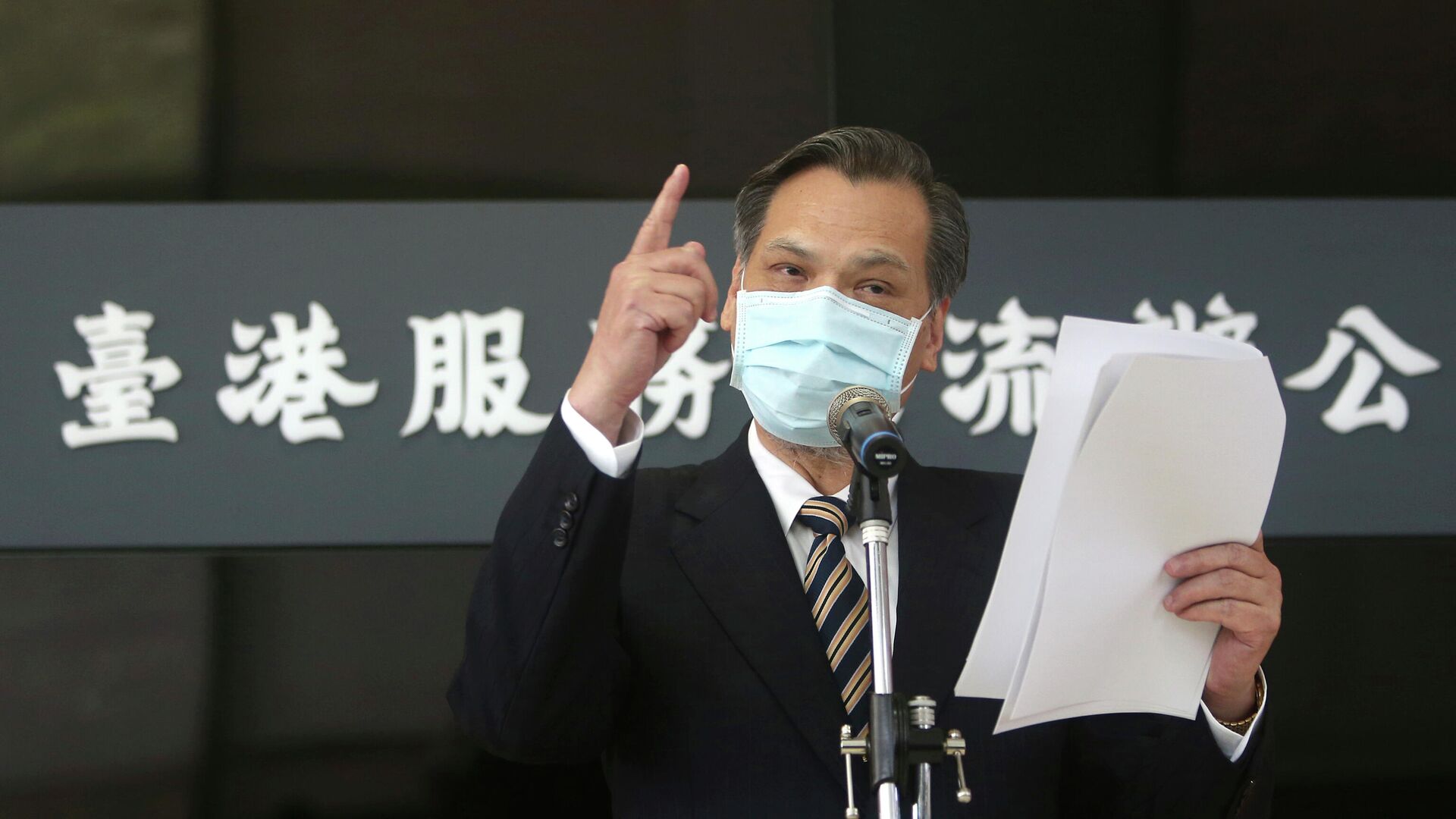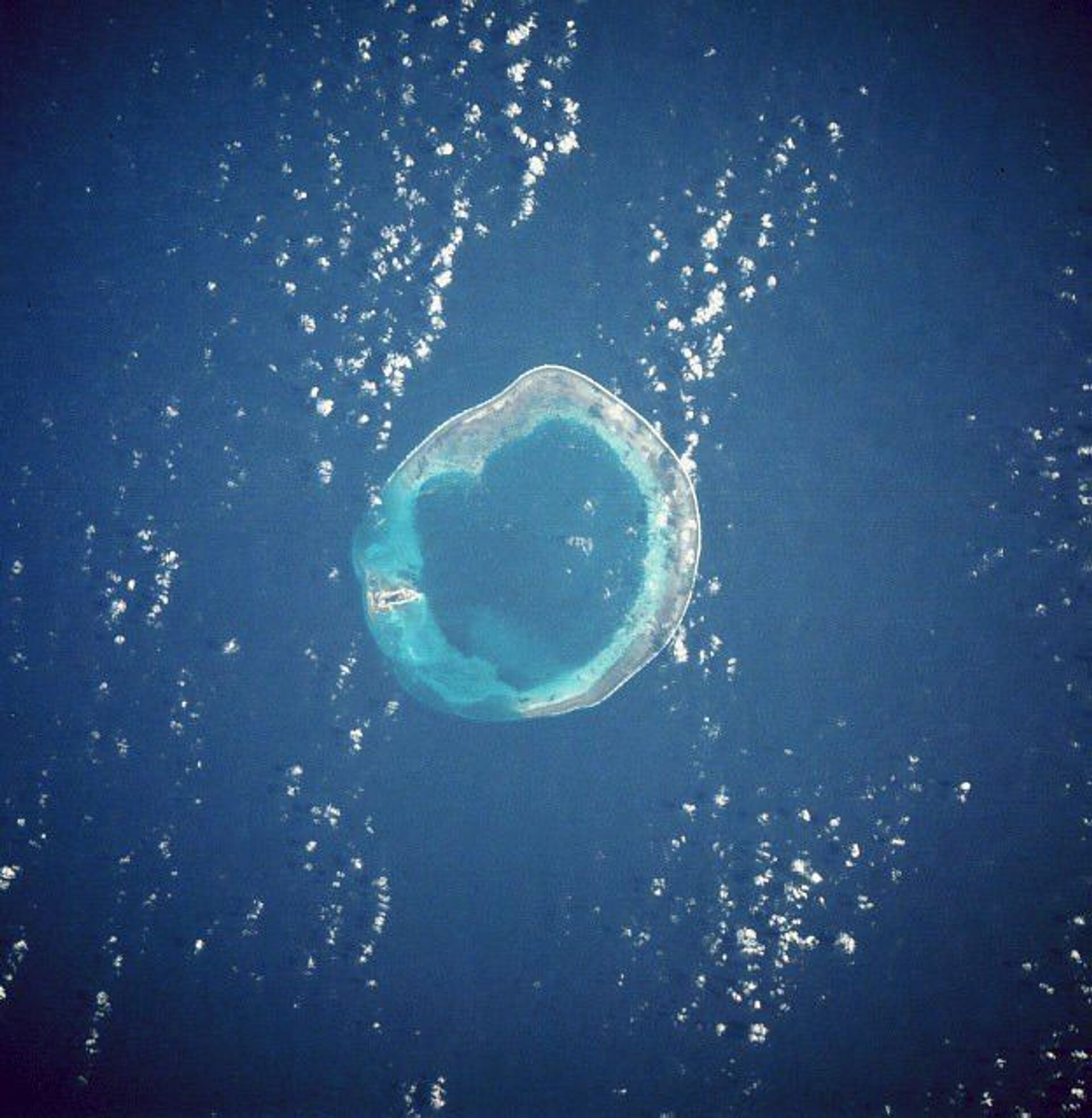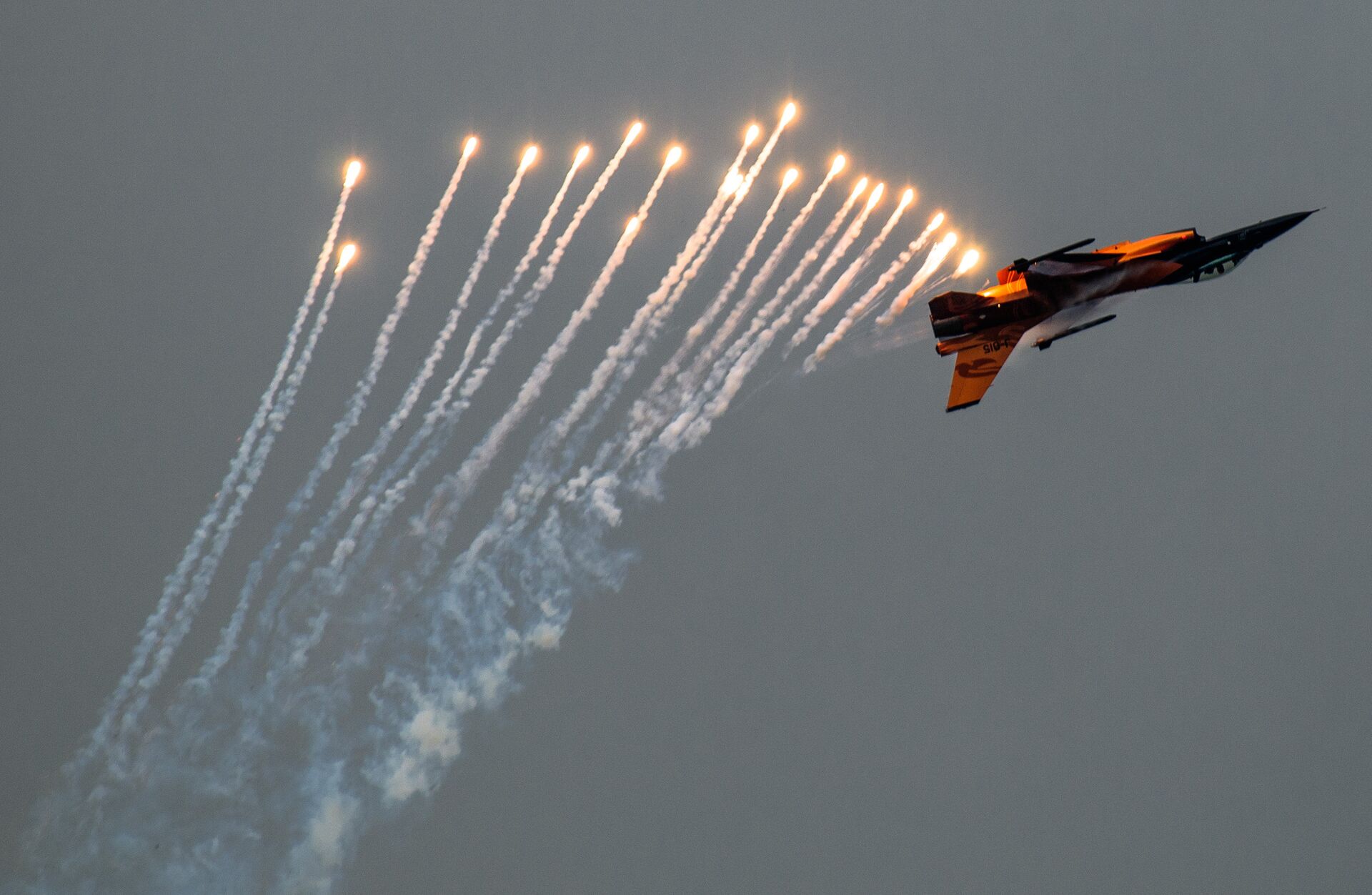Taiwan’s Intel Chief Says China Weighed Seizing Pratas Island, But ‘Will Not Happen’ Before 2024
20:16 GMT 04.11.2021 (Updated: 12:43 GMT 19.06.2023)
Subscribe
The head of Taiwanese intelligence told lawmakers on the autonomous island on Thursday that while the People’s Republic of China had weighed the option of seizing Pratas Island in the past, it was not considering doing so until at least after 2024, when Taiwanese President Tsai Ing-wen’s term ends.
During a parliamentary meeting in Taipei on Thursday, National Security Bureau Director-General Chen Ming-tong told members of the Foreign Affairs and National Defense Committee that while China might use force or the threat of force to reunite the island with mainland China at some time in the future, that scenario wasn’t likely in the next several years.
The hearing concerned a report to the US Congress published by the Pentagon the day prior, which focused on China’s military and security developments over the last year.
The report warned, referring to an unnamed statement by Chinese state media, that a force modernization effort by the People’s Liberation Army (PLA) would be completed by 2027, giving Beijing “more credible military options in a Taiwan contingency,” including “the capabilities to counter the US military in the Indo-Pacific region, and compel Taiwan’s leadership to the negotiation table on Beijing’s terms.”
“This government will never take part in a negotiation under the threat of military force, even if it had been duly authorized to do so,” Chen said, according to the Taipei Times. Negotiations with the PRC, which the Republican government in Taiwan regards as illegitimate usurpers of Chinese state power on the mainland, can only take place if the Legislative Yuan, Taiwan’s unicameral legislature, votes by a three-quarters majority to support them.
The RoC ruled all of China from its foundation after the abdication of Pu Yi, the last Chinese emperor, in 1912, until the Communist Party of China’s victory in the civil war in 1949, when it had captured all of the mainland and declared the PRC’s foundation in Beijing. The RoC remained in control of just Taiwan and several other islands off the coast, which the Red Army was unable to invade at the time, including a remote circular atoll called Pratas.
Little Island, Big Controversy
Pratas is a horseshoe-shaped island in the South China Sea 1.5 miles long and 0.5 miles across, which sits 200 miles southeast of Hong Kong and 275 miles south of Kaohsiung, a city on Taiwan’s southern coast. The island has no permanent residents and is just big enough for a small airfield. However, it lies along key sea lanes connecting the South China Sea to the East China Sea and Philippine Sea, and the surrounding seafloor is believed to contain petroleum reserves.
Rumors have pervaded in recent years that China might try and seize the island as a show of force. In early 2020, Japan’s Kyodo News Agency helped spread fears China might invade Pratas under the cover of amphibious drills in the region. While the PLA did hold war games involving amphibious forces on the Guangdong coast that August, they were clearly aimed at fortifying their own ability to defend against such an attack, and Pratas remained unmolested by PLA forces.
The Pentagon’s Wednesday report suggested China might see an invasion of Pratas as politically desirable, it also noted “this kind of operation involves significant, and possibly prohibitive, political risk” because it could turn the international community against China and is likely to smother any remaining sympathy for reunion with the mainland in Taiwan.
Asked about the passage during the Thursday hearing, Chen told Taiwanese lawmakers that "attacking and capturing the Pratas Islands - this scenario where war is being used to force (Taiwan into) talks - our assessment is that this will not happen during President Tsai's tenure.”
"Frankly speaking, they have internally debated this before," Chen added. "We obviously have some understanding.”
Taipei Grows Close to Washington
Tsai, whose Democratic Progressive Party favors independence over reunion, is due to finish her second term in office in 2024. She came to power at the same time as Donald Trump in the United States. During their presidencies, US support for Taiwan has increased dramatically. Numerous modern weapons have been sold to Taiwan and top-level US officials have made several visits, stirring up Chinese anger at what amounts to a violation of Washington’s prior agreements with Beijing.
After the Chinese socialist revolution, the US for many years refused to recognize the PRC government and continued to do business with the RoC on Taiwan. However, beginning in 1972, the first of three joint communiques were issued by the US and PRC that paved the way for Washington switching its recognition of the Chinese government from Taipei to Beijing. Chief among their concerns was the US agreeing to end its political and military support for the RoC, while acknowledging that economic and cultural ties would likely continue.
Despite the agreement, the US has continued to informally support Taiwan’s self-defense.
Incidentally, US Army Gen. Mark Milley, Chairman of the Joint Chiefs of Staff, also said earlier this week that a Chinese attack on Taiwan was unlikely anytime soon.
Beijing is “clearly and unambiguously building the capability to provide those options to the national leadership if they so choose at some point in the future.” the top US military officer said at the Aspen Forum on Wednesday. "Near future, probably not, but anything can happen.”
He added that the US, which is not treaty-obligated to defend Taiwan, “absolutely have the capability” to do that. “No question about that.”



